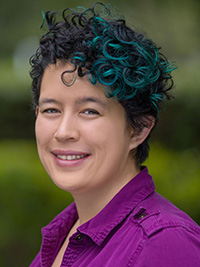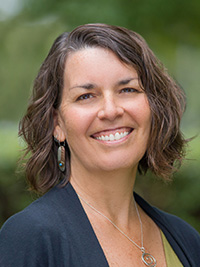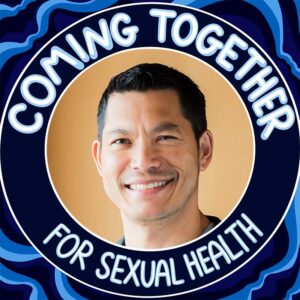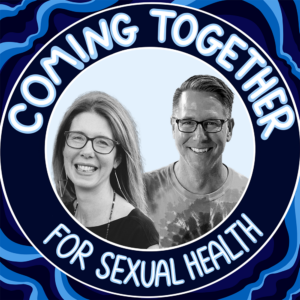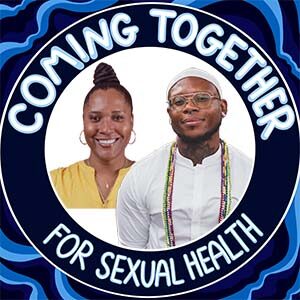S3 E13: Centering Pleasure, Problems, and Pride in Sexual Health Care
Host Tammy Kremer interviews Jenn Rogers, Director of the National Coalition for Sexual Health (NCSH), and Bryce Furness, MD, CDC Epidemiologist, about their work developing a toolkit for primary care providers to use in order to center sexual pleasure, problems, and pride as a part of all wellness visits. The CDC encourages taking sexual history by asking about 5 Ps: Partners, Practices, Past STI History, Protection From STIs, and Pregnancy Intention. The National Coalition for Sexual Health recently released a video series called “A New Approach to Sexual History Taking,” along with a set of new questions for providers to ask patients in all wellness visits that add a 6th P: Pleasure, Pride, and Problems.
Jenn and Bryce discuss the 6th P, which re-centers patients’ needs, enjoyment of their sexual lives, and social stigma attached to sex. As Jenn elaborates, “A satisfying pleasurable sex life is really a key element to sexual health and well-being for most people. So our sexual history taking questions really should reflect that.” Bryce uses his specialized experiences providing sexual health care to LGBTQ+ populations to argue that we must recognize health disparities and address stigma around sexual health. Together, they discuss the creation of a freely accessible toolkit for all providers to use. They recognize that the current method of sexual history taking doesn’t incorporate enough discussion of issues such as gender identity, sexuality, shame, and stigma, and how these can affect sexual activity and sexual health.
Read the transcript of the episode here.
Resources:
National Coalition for Sexual Health
NCSH Membership Application
NCSH Health Care Action Group, Communications Actions Group, Policy Action Group
NCSH 6th P Video Series
NCSH Medical Provider’s Guide
NCSH Sexual Health History Questions
CDC guide to taking a sexual history
CDC’s Rachel Kucher et al. , “Sexual History Taking in Clinical Settings: A Narrative Review”
Turn on notifications to never miss an episode of Coming Together for Sexual Health.
Follow Coming Together for Sexual Health on Instagram and Twitter.
Jennifer Rogers, MPH, is the co-director of the National Coalition for Sexual Health (NCSH), a robust Coalition of over 200 members where she works collaboratively to promote high-quality sexual health information and health services. She also leads the Coalition’s Health Care Action Group to develop evidence-based and practical provider tools and materials.
Bryce Furness, MD, MPH, is a Medical Epidemiologist with the CDC’s Division of STD Prevention. He has been embedded within the Washington, DC Department of Health since 2002. Highlights of his tenure include establishing a transgender health clinic, leading gay men’s health & wellness clinics, and improving the PrEP Clinic. He has recently published several articles on transforming primary care for LGBT people.
